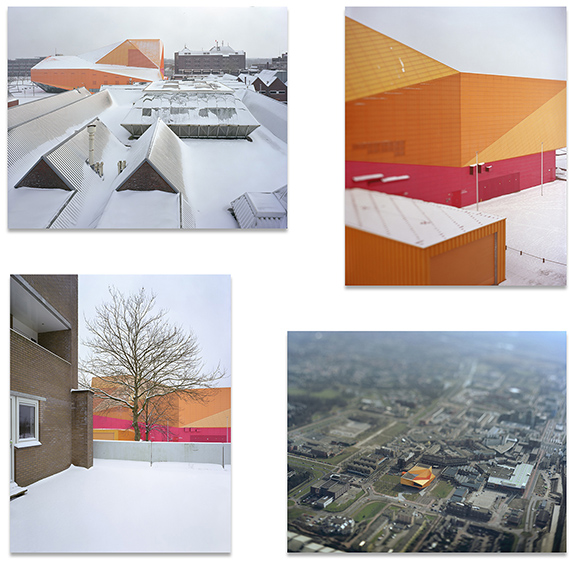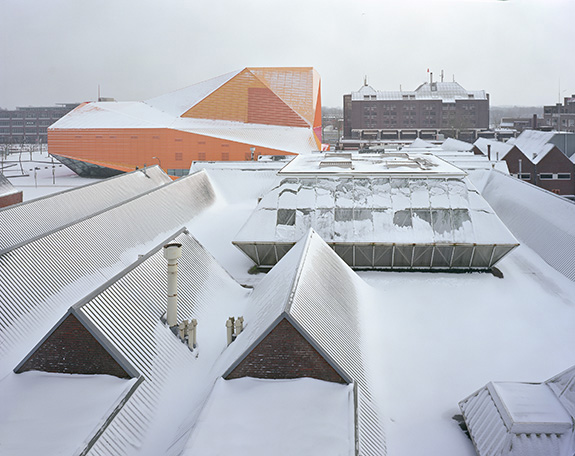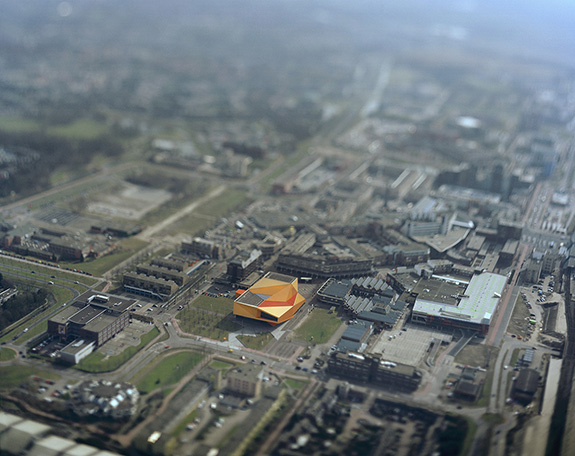
My work researches the Anthropocene, traces and perspectives of our civilization; it encloses the correlation between photography and the built environment and between research and documentary practices. My projects are outlining human geography, environmental and geo-political themes. In human geography, the idea of meaning has been central to the notion of place since the 1970s. More importantly, it finds its roots in the Roman concept of Genius Loci, the spirit of the place, and previously in Aristotle and Plato. I often refer to these ancient notions to investigate the labyrinth of observations that we are used to call geography and history.
Photography is an autonomous language that has given us the power to get to the surface of meanings. Like this text you are reading, photography has the ability to travel space and time as a polyhedral archaeology of human ideas¹. Photographs are not what we see, but they are anything else what we can understand from them. So I like to think that images are some kind of abstract space; a hyper-surface where every act of perception is an act of creation.
My approach focuses primarily on the combination of facts before coming to the composition and other aesthetics. Sometimes I cross the field of visual-audiovisual arts with the use of cartography; but my favorite instrument remains my large format view camera. The amount of research and time that I take to explore and document those places has nothing to do with the rush of today’s consumption of images. This introduces also the ethical question regarding how or why a photograph is being taken, used, presented and how reliable its content is.
My work is avoiding the traditional photo series that act as registration and repetition of a specific subject. Contrarily, and probably also as a result of my mixed background, they are based on a multiplicity of landscape perceptions². I use the bi-dimensional medium of photography to challenge the space through a spatial analysis. This becomes more evident in my exhibitions and installations, characterized by a meticulously detailed form of storytelling.
Photography represents to me an act of exploration that allows me to create a real-time spatial and cultural reflexivity on the planetary boundaries. I want to change the story while it is being told; trying to use photography not only as a form of art but also as an act of activism.
Landscape talks its own language; through the seasons and the elements that we perceive in space and time.
— Denis Guzzo, Amsterdam, Netherlands
[1] polyhedral archaeology of human ideas: is a definition created by Denis Guzzo that also refers to the investigation of space and natural elements initiated by Plato with the Platonic Solids.
[2] multiplicity of landscape perceptions: this definition was created by Denis Guzzo and was the title of his graduation thesis in 2010.

